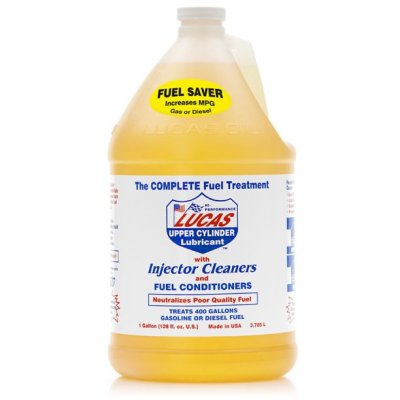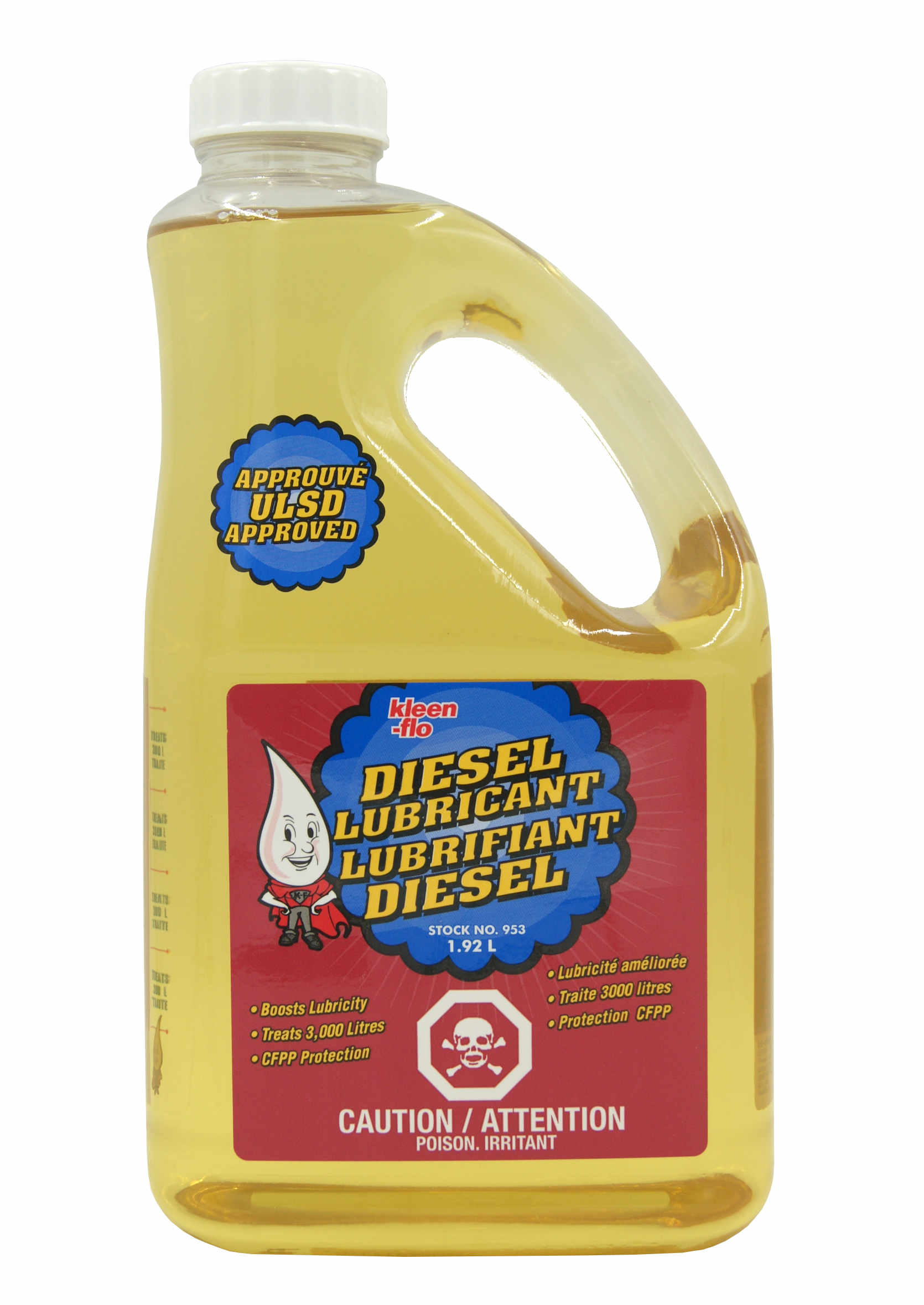jgwinks
Guru
It's not being used for lubricity but for its detergent properties. Fairly common practice amongst the so called "ignorant shade tree mechanics" as well as the 2 stroke oil for lubricity.
I just read that in Nigel Calder's diesel engine book. He didn't actually recommend it, but said many people add a quart of 2 stroke oil per 100 gallons when using #1 diesel. Not needed for #2. #1 would be found in home heating and maybe truck supplies in winter as it gels at a lower temperature. Like -20F. If you get your fuel at marina fuel docks, I don't think 2 stroke or ATF would be needed, it should be #2 regardless. If it's cold enough to need #1, they're probably not open and you're not running the boat anyway.


